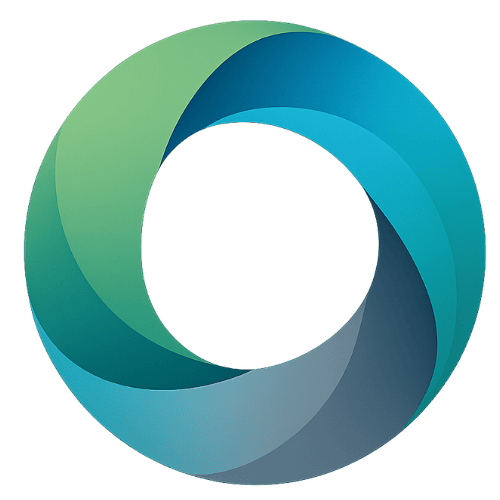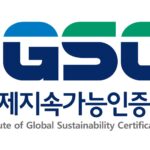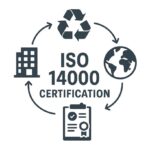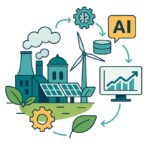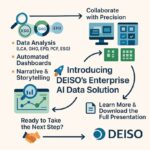DEISO Certification Programs
Certified Training Program: This training program comes with a certification option for both on-site and off-site training.
Some of Our Clients
Several of our clients have chosen DEISO certified training programs
Prices
For Remote Training:
- $3,800 USD/Trainee
- Examination and Certification (Optional with extra fees. Please contact us)
Prices for offsite training (in Japan) and onsite training (outside Japan):
- Quotation-Based. Please contact us
Introduction
- Importance of GHG Verification: Discuss the critical role of GHG verification in ensuring the accuracy and credibility of greenhouse gas emissions reporting. Highlight the increasing regulatory pressure and market demand for verified emissions data.
- Focus on Oil, Gas, Chemical, and Manufacturing Industries: Emphasize the unique challenges and opportunities faced by these industries in achieving GHG emissions reduction targets.
Overview
Fundamental Topics
- GHG Accounting and Reporting:
- Global Reporting Initiative (GRI) and GHG Protocol standards
- Scope 1, 2, and 3 emissions categories
- Calculation methodologies and data collection techniques
- Verification Principles:
- International Verification Services (IHS) standards
- Verification process and key steps
- Quality assurance and control measures
- Data Quality and Integrity:
- Data validation and accuracy checks
- Data management and traceability
- Documentation and record-keeping requirements
- Project Design and Implementation:
- GHG reduction project development
- Baseline setting and monitoring
- Verification planning and implementation
Advanced Verification Techniques:
- Remote sensing and satellite data applications
- Statistical sampling and data analysis
- Uncertainty analysis and quantification
- Emerging GHG Verification Challenges:
- Scope 3 emissions complexities
- Indirect emissions and value chain verification
- Emerging technologies and their impact on verification
- Verification of Carbon Offsets:
- Principles and standards for carbon offset verification
- Additionality and permanence assessment
- Double counting prevention and verification
- GHG Verification in the Circular Economy:
- Integrating GHG verification into circular economy strategies
- Quantifying emissions reductions from circular economy initiatives
- Verification challenges and opportunities in the circular economy
What you will learn?
1. Introduction to GHG Accounting
- Key Terminologies and Definitions
- The Importance of GHG Accounting
- Key Principles of GHG Accounting
2. GHG Emission Scopes
- Scope 1: Direct Emissions
- Stationary Combustion Sources
- Mobile Combustion Sources
- Process Emissions
- Fugitive Emissions
- Scope 2: Indirect Emissions from Purchased Energy
- Emissions from Purchased Electricity
- Emissions from Purchased Steam
- Emissions from Purchased Heating
- Emissions from Purchased Cooling
- Scope 3: Other Indirect Emissions
- Emissions from Waste
- Emissions from Business Travel
- Emissions from the Use of Sold Products
- Emissions from Franchises
3. GHG Reporting Standards and Frameworks
- GHG Protocol
- ISO 14064
- Other Reporting Frameworks
4. GHG Inventory Development
- Identifying Emission Sources
- Data Collection and Management
- Emission Factors and Calculations
- Direct Emission Calculations
- Indirect Emission Calculations
- Sector-Specific Calculation Methods
- Resolving Data Gaps and Inconsistencies
5. Quantification and Reporting
- GHG Quantification Methods
- Reporting Standards and Frameworks
- GHG Reporting Tools and Software
6. Verification Process
- Importance of Verification
- Types of Verification
- Verification Techniques
- Sampling Methods
- Data Validation and Cross-checking
- Risk Assessment in Verification
7. Preparing for Verification
- Documentation and Record-Keeping
- Preparing for Site Visits
- Common Challenges and Solutions
8. Reporting and Communication
- Verification Statements
- Communicating Results to Stakeholders
- Continuous Improvement and Feedback
9. Emission Factors
- Types of Emission Factors
- Sources of Emission Factors
- Selection Criteria for Emission Factors
10. Activity Data Collection
- Methods for Data Collection
- Data Management and Documentation
- Quality Assurance and Quality Control
11. Case Studies
- The Oil and Gas Industry Case Study
- The Chemical Industry Case Study
- The Cement Industry
- The Electronic Industry
Audience
- This training is specifically designed for professionals working in the oil, gas, chemical, and manufacturing industries.
Outcomes
- Participants will gain a deep understanding of GHG verification principles, methodologies, and best practices.
- They will be equipped to conduct independent GHG verification projects for organizations in the oil, gas, chemical, and manufacturing industries.
- Participants will develop the skills to ensure the ac
Training Delivery
We offer this training program on both an offsite and onsite basis. Offsite training provides a dedicated and controlled environment for focused learning, while onsite training can be tailored to meet the specific needs and objectives of your organization.
Contact us to inquire about this training program or to book the training program.
Contact Us
Let's create a sustainable future together. Contact us to book your training and start making a positive impact.

